New technology converts waste polyethylene to jet fuel in an hour
Green Car Congress
MAY 19, 2021
Washington State University researchers have developed an innovative way to convert waste polyethylene plastic to ingredients for jet fuel and other valuable products, making it easier and more cost-effective to reuse plastics. In the recycling industry, the cost of recycling is key. —Hongfei Lin. —Jia et al.

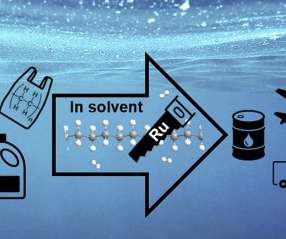


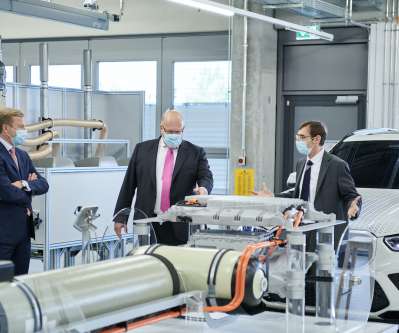
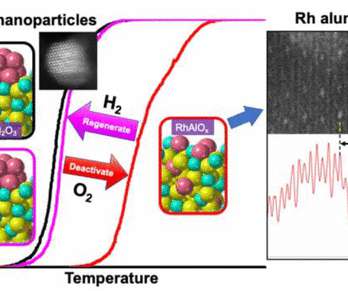

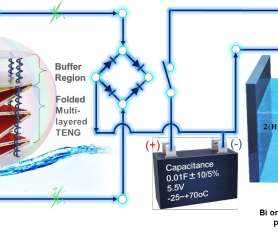







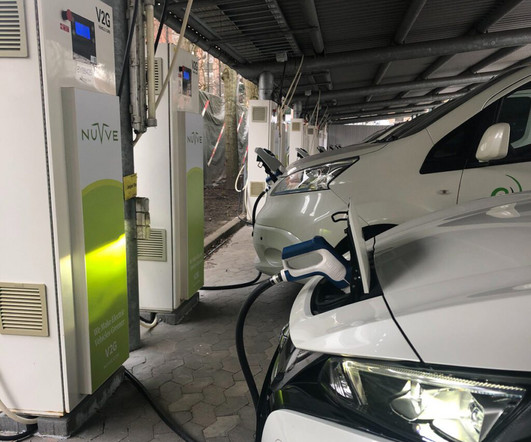













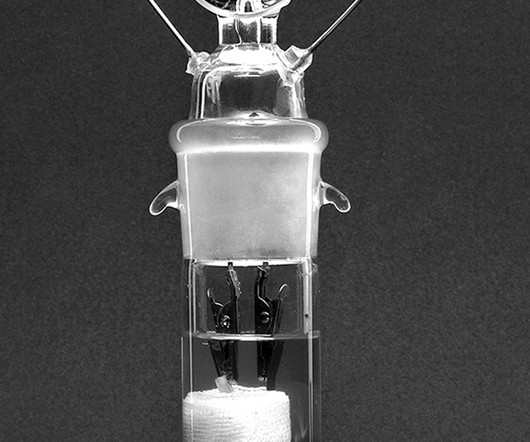








Let's personalize your content